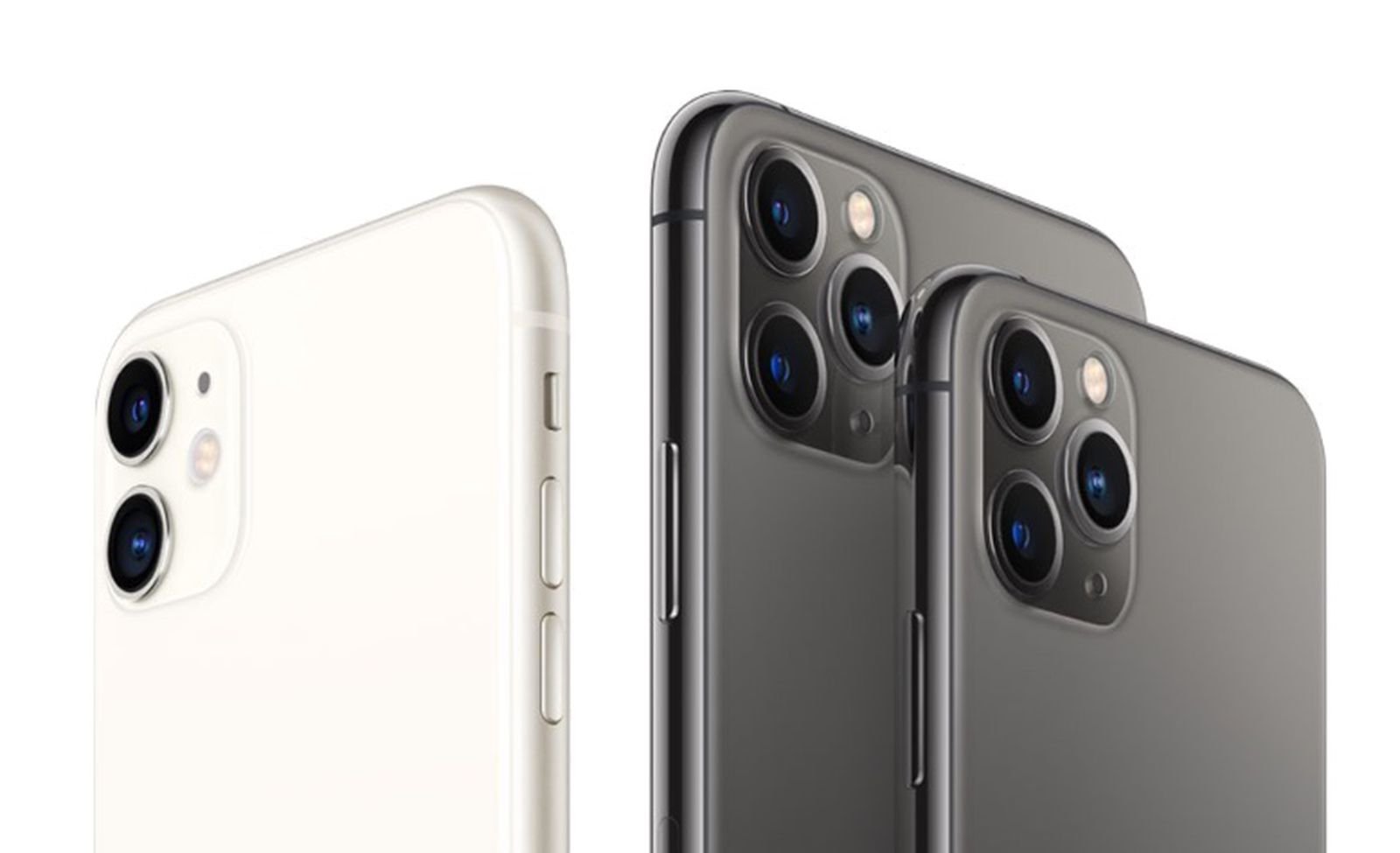Who Is the Original Owner of Nigeria?

Nigeria, often called the “Giant of Africa,” is a country as vibrant as it is complex. With over 200 million people, it stands as the most populous nation on the continent. But one question carries a deeper weight: who is the original owner of Nigeria? This question isn’t just about geography or politics—it reaches into history, identity, and the story of the people who’ve lived on this land for thousands of years.
Who Is the Original Owner of Nigeria?
To answer that, we must step back through time—from ancient civilizations to the colonial era and independence. Along the way, we uncover what Nigeria was called before, how old it truly is, and how it became the country we know today.
What Was Nigeria Called Before?
Nigeria wasn’t always called Nigeria. The name came from Flora Shaw, a British journalist, in the late 19th century. She drew inspiration from the Niger River, which cuts across the heart of the land. Before that, the area was home to many powerful kingdoms and communities, each with its own name, culture, and government.
Some of the great civilizations included:
- The Nok Civilization: One of Africa’s earliest societies, known for its terracotta sculptures.
- The Benin Empire: Famous for its bronze artworks and organized monarchy.
- The Yoruba Kingdoms: Including Ife and Oyo, both strong centers of trade, art, and governance.
- The Kanem-Bornu Empire: A seat of Islamic scholarship and trade across the Sahara.
These were the first stewards of the land, thriving long before any European presence.
How Old Is Nigeria?
The age of Nigeria depends on the definition. If we mean the people and civilizations that lived here, the story stretches back over three millennia.
Ancient Nigeria:
The Nok Civilization dates as far back as 1500 BCE, showing that humans have inhabited this region for more than 3,500 years. The Benin, Yoruba, and Kanem-Bornu empires rose and flourished over centuries.
Modern Nigeria:
The modern state was created in 1914 when the British merged the Northern and Southern Protectorates. As a unified country, Nigeria is a little over 100 years old. It gained full independence on October 1, 1960—making it 63 years old as of 2023.
The History of Nigeria from 1914 Till Date
The year 1914 marked a turning point. Lord Frederick Lugard, a British administrator, joined the Northern and Southern regions into the Colony and Protectorate of Nigeria. The move was designed to make administration and resource extraction more convenient for the British Empire.
Colonial Rule:
During this period, Britain extracted palm oil, cocoa, and later crude oil from Nigeria’s soil. Western education and Christianity spread across the land, reshaping parts of society. Yet, resistance never faded. People rose through protests, armed revolts, and later political organization, laying the foundation for independence.
Independence:
Nigeria’s independence in 1960 came through negotiation, activism, and the persistence of leaders like Nnamdi Azikiwe, Obafemi Awolowo, and Ahmadu Bello.
Post-Independence:
The years that followed were turbulent—civil war from 1967 to 1970, several military coups, and long stretches of dictatorship. But democracy returned, and today Nigeria stands as a federal republic of 36 states. Despite ongoing challenges like corruption, inequality, and ethnic tension, the country remains one of Africa’s most influential nations.
What Is the Main History of Nigeria?
In brief:
- Pre-Colonial Era: Home to strong kingdoms and trading empires.
- Colonial Era: British domination and the 1914 amalgamation.
- Independence: The political awakening that led to self-rule.
- Post-Independence: Civil war, military rule, and the continuing effort to build democracy.
For detailed records, historical archives and scholarly texts provide deeper timelines and interpretations of these events.
Who Is the Original Owner of Nigeria?
The land belongs first to its indigenous peoples—the Hausa, Yoruba, Igbo, Fulani, Tiv, Edo, Ijaw, Nupe, and many others. Each group has ancient roots, distinct traditions, and systems of governance that evolved long before colonization.
They were not just occupants but caretakers of their territories, trading, farming, and creating societies that sustained themselves for centuries.
Ownership, however, is a layered concept. While these peoples were the first inhabitants, colonial powers claimed the land by force and treaty. In the modern era, that claim was overturned by the independence movement, transferring sovereignty to the nation’s citizens.
Who Owns Nigeria Now?
Today, the answer is clear: Nigeria belongs to its people. Every citizen, regardless of ethnicity or religion, holds a share in the country’s sovereignty.
Yet, debates over land rights, resource control, and political representation continue to reveal how ownership remains a living question—one that touches economics, justice, and identity.
Article updated 4 months ago ago. Content is written and modified by multiple authors.









